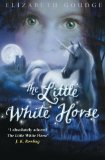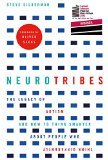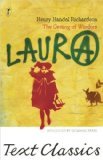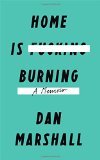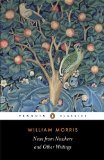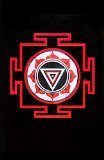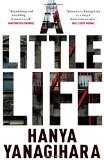The Little White Horse by Elizabeth Goudge
Five words from the blurb: orphan, happiness, scary, valley, magical
I picked up a copy of this book after seeing an interview in which JK Rowling named it as one of her childhood favourites. The story follows Maria, a young girl forced to move onto her uncle’s country estate after being orphaned. The suggestions of enchanted creatures in the woods were intriguing and I initially loved the vivid descriptions, but unfortunately I lost interest as the book progressed. The plot meandered around and I became bored by Maria’s actions. The length of the descriptive passages became overwhelming and I failed to become emotionally invested in the story.
It was interesting to see how some aspects of this book may have inspired the Harry Potter series, but it wasn’t worth reading for this alone. I think this is a book you need to read as a child as it doesn’t stand up to adult scrutiny.

.
Neurotribes by Steve Silberman
Five words from the blurb: autism, history, surprising, people, understanding
Neurotribes came to my attention when it won the 2015 Samuel Johnson Prize. I am intrigued by all books about autism so immediately requested a copy from my local library.
Neurotribes is a comprehensive investigation into the history of autism. It explains everything from the evidence that several historical figures had the condition, through early research and the first diagnosis, to the present day in which the autism community is able to thrive in the on-line environment.
The book was very easy to read, with sound research backing up each section. My excessive reading on the subject of autism meant that little was new to me, but I admired the way everything was brought together in one volume. This book doesn’t provide any practical advice on helping those with autism, but it is a fascinating insight into how our knowledge has grown in recent times. I especially appreciated the positive themes of neurodiversity that run through this book and recommend Neurotribes to anyone interested in how thoughts on autism have changed over the years.

.
The Getting of Wisdom by Henry (Ethel) Handel Richardson
Five words from the blurb: Australian, school, girl, precocious, accepted
The Getting of Wisdom is an Australian classic, first published in 1910. It follows 12-year-old Laura as she heads to boarding school for the first time. The book deals with issues of acceptance and shows the complexities of emotion involved in growing up.
Laura was a fantastic character and I loved her bold enthusiasm. Her laughter was infectious and I admired the realism of the adult-child relationships. Unfortunately the plot was a bit slow/meandering and much of it was predictable. It was fascinating to read this so soon after The Little White Horse, as they had a lot in common.
Recommended to anyone who enjoys reading older books, especially ones involving boarding schools.

